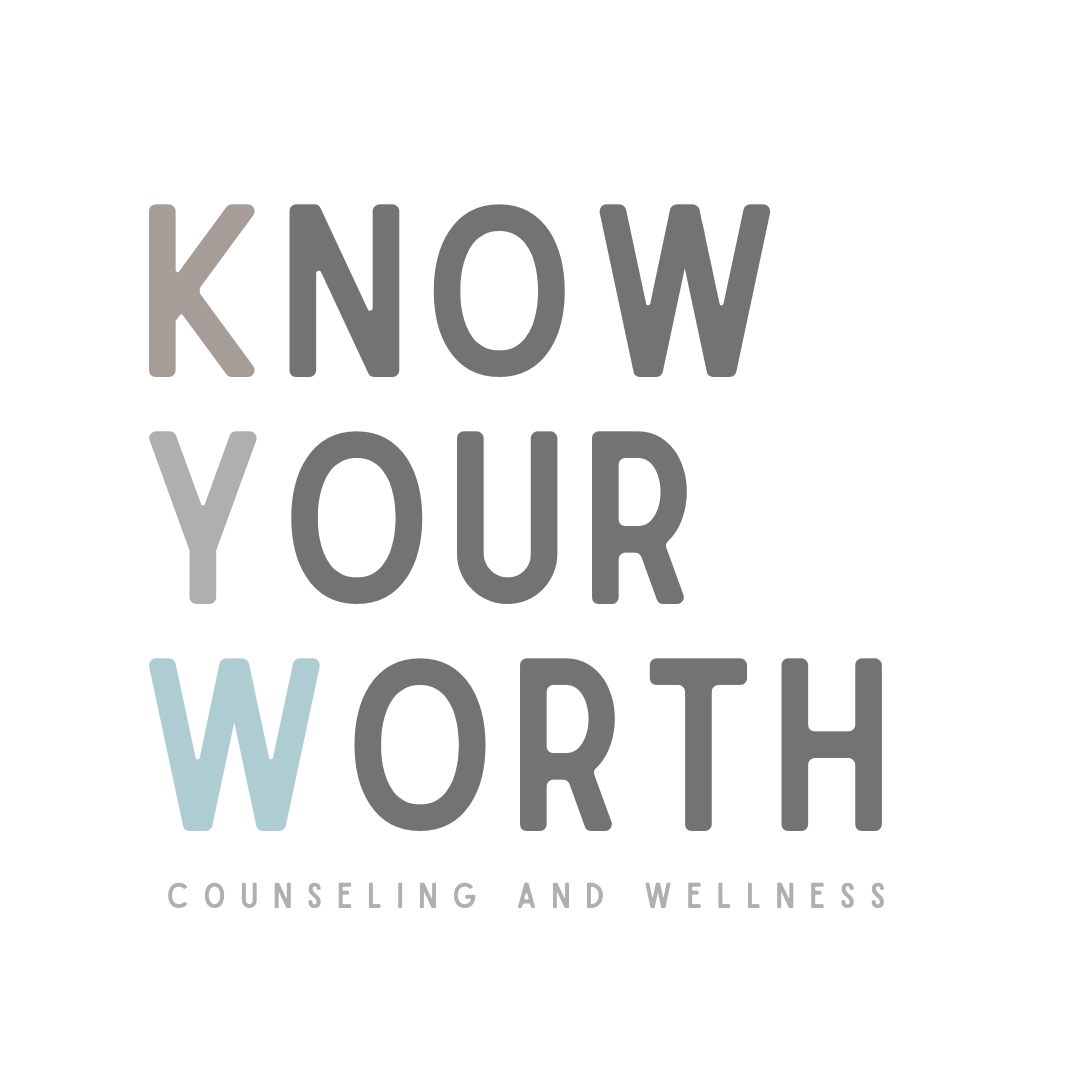
Mental Health Insights and Resources
Know Your Worth Blog
Expert Advice on Therapy, Wellness, and Personal Growth

Signs Your Teen May Need Counseling
As a parent, watching your teen go through challenges can be tough. Teenagers experience many changes during adolescence, and sometimes these changes can be overwhelming. While it's normal for teens to feel moody or withdrawn at times, certain signs may suggest your teen needs counseling.

What Is Couple’s Counseling?
Couple counseling, also called marriage counseling or couples therapy, helps partners improve their relationship with the guidance of a professional therapist. It provides a safe, structured space where couples can openly discuss their concerns, resolve conflicts, and build stronger communication skills.

What is Individual Counseling?
In individual counseling, you work one-on-one with a therapist to explore your thoughts, actions, and feelings. So, what is individual counseling? It's a treatment that helps you work through emotional and mental health challenges, like anxiety, depression, life changes, relationship problems, and personal growth.

The Reoccurring Battle: How to Deal with High-Conflict Relationships
Do you find yourself constantly pulled into emotional and psychological battles with someone in your life? Perhaps you feel drained, alone, and trapped, with nothing left in your emotional or mental tank to respond to their persistent need for conflict. If you've been in this "ring" for a while, the exit may seem elusive.

How a Word of the Year Can Guide Your Goals and Strengthen Your Faith
What I’ve learned is that sometimes God gives us a word that feels like a challenge. Maybe you were hoping for a word like strength or success, but you get rest or patience instead. It can be hard to lean into something that feels unfamiliar or uncomfortable, but I believe God uses these words to grow us, refine us, and draw us closer to Him.

Grounding: Cultivating Awareness, Safety, & Self-Compassion
With grounding, people are able check-in with their body, mind, and emotions, work through simple exercises to calm the nervous system, and lean in to notice more about themselves. If someone chooses to incorporate the concept on a consistent basis, there is often a noticeable improvement with anxiety, depression, stress, and managing PTSD.

Pillars of Parenting: Anchoring Yourself & Family
Demands from every direction are often vying for a caregiver’s/parent’s energy and time with career/job, personal responsibilities, endless commitments, and calendar family to-dos. There are pings coming from all over the place! With all the tug of war on families, “back to the basics” allows for grounding and structure. Part of the narrative starts with holding space for children and family. What lays the foundation as well as provides direction and protection to anchor your family?
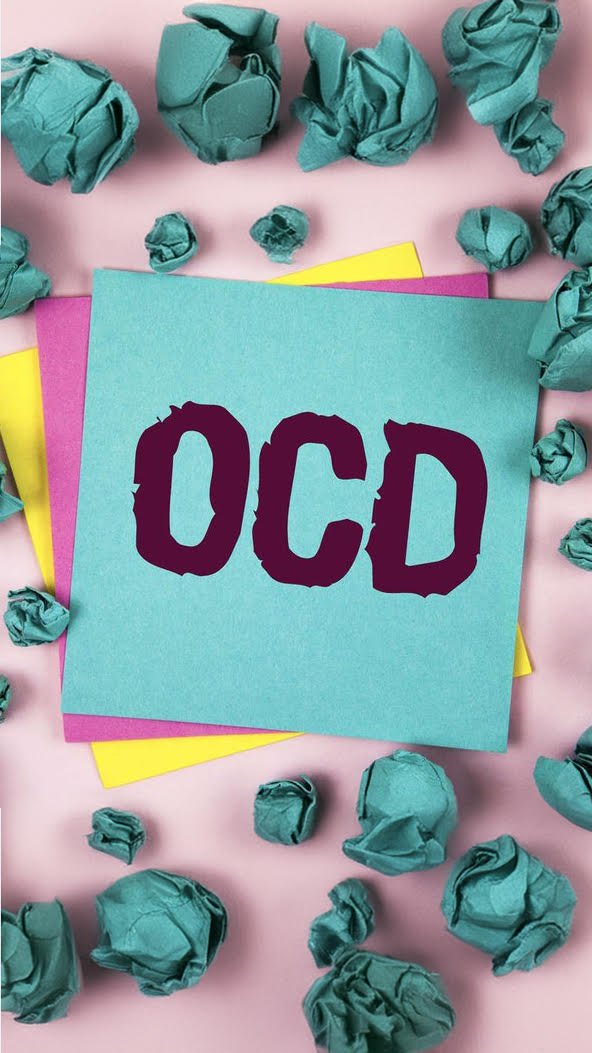
OCD: Struggles & Supportive Strategies
The term Obsessive Compulsive Disorder (OCD), is often visualized as someone with cleaning and perfecting tendencies. Because of pop culture, many envision someone washing their hands multiple times of the day or making everything orderly and pristine. However, there are several unknown parts to OCD, leading someone walking out the day to day struggles to feel isolated and at a loss of how to support themselves. Because of intense levels of anxiety, people with OCD often fear disclosing more to even loved ones, due to being seen as abnormal or judged.
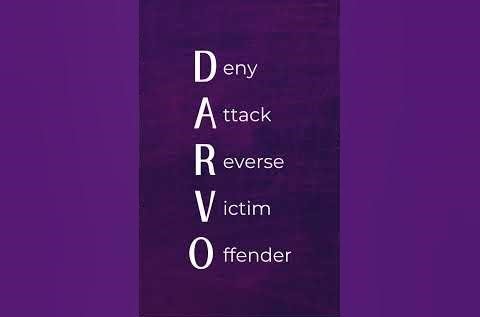
The toxicity of DARVO: Deny, Attack, Reverse Victim, and Offender
In abuse situations, there is a phrase called DARVO (Deny, Attack, Reverse Victim, and Offender), which helps shed light on what happens as well as how offenders attempt to avoid consequences and receive sympathy. The tactic maybe employed publicly or privately! DARVO, coined by psychologist Dr. Jennifer Freyd, was originally created to explain cases of sexual abuse, when offenders placed blame back on the victim.

Living a Life of Emotional Expression
Surprisingly, research shows people are only able to identify about three emotions in themselves and others: bad, sad, and glad. What if people honestly asked themselves the question, “what feelings/emotions came up today for me?” Instead of running through the facts of the day, an emotional check-in creates an opportunity for self-expression and a deeper connection and compassion in relationships too.

Full stop…narcissist ahead!
Although when people say the word narcissist, there are automatic red flags expected from the phrase, people still find themselves caught in a damaging relationship with a partner, family member, or colleague. Oftentimes, individuals question themselves, their reality, and experience low self-esteem. For some, the relationship is short-lived, while others spend years in a toxic dance.
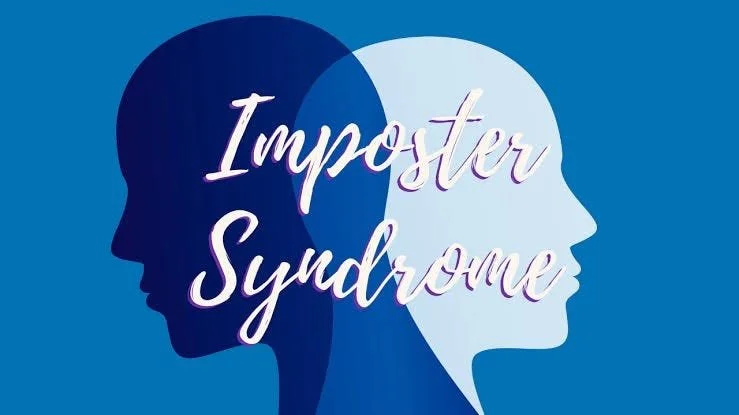
Imposter!!
The phrase imposter syndrome is thrown around in many circles but especially related to career and the world of work. The premise involves someone who feels unworthy and less than. In the mind of someone experiencing imposterism, there is a strong sense of feeling fake. A person may seek improvement plans and wait for “the shoe to drop.” High achieving people tend to fall into the category too. Left unchecked and unsupported, the voice of the imposter drowns out the potential of growth and development.
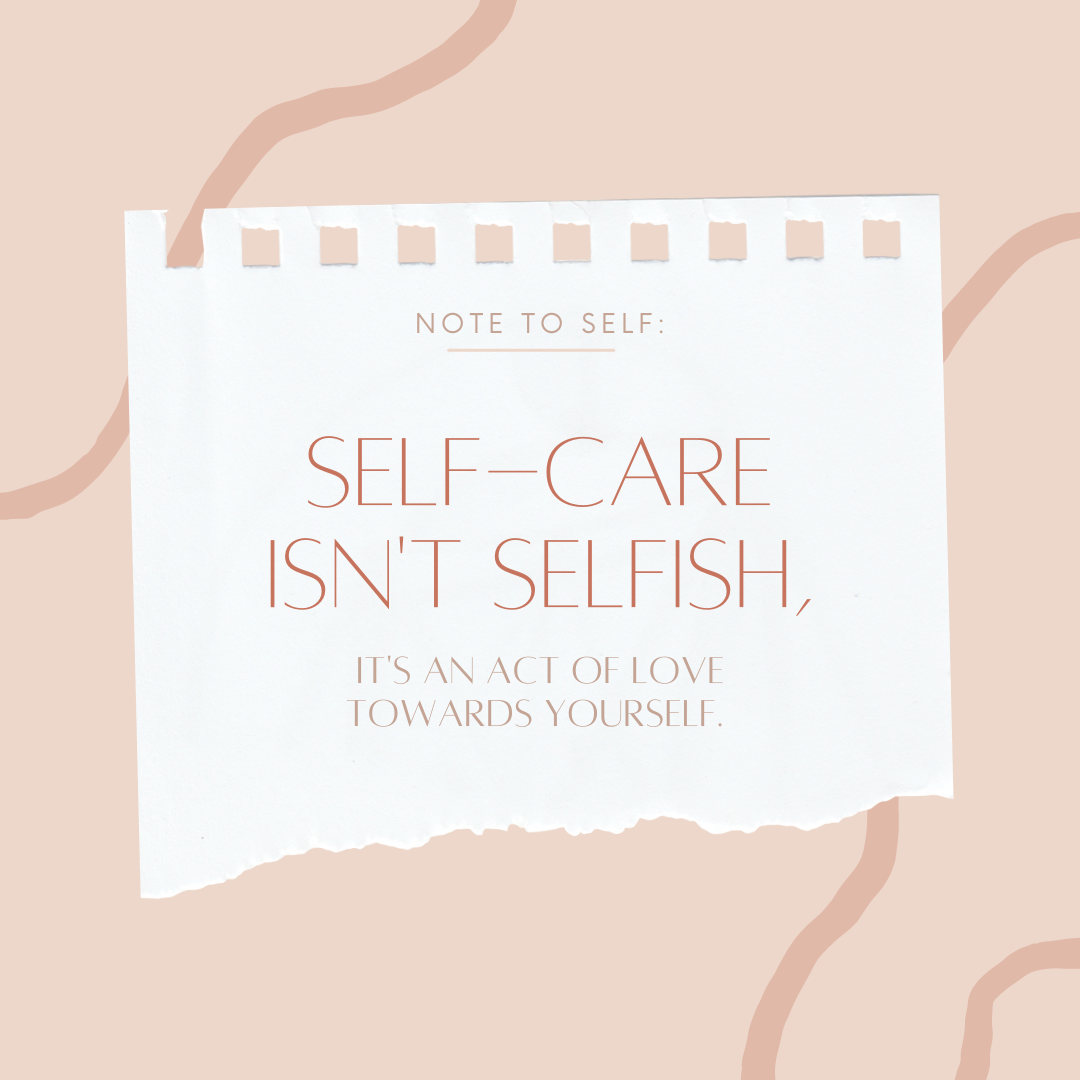
Got Self-Care?
As you gain momentum with the New Year, finding a routine is hard enough! If you are juggling numerous responsibilities and supporting others, giving yourself a few moments of self-care may seem impractical and impossible. Without taking time out, the risk of burn-out increases though.

Navigating Grief & Loss
Grief and loss are immeasurable, with no timetable. Oftentimes, society dictates a certain amount of time for grief and loss, and then people are told to move on. Grief is unique though, and there is no one standard experience nor any set timeframe. Each person needs to find their way to fully grieve.

Balancing Sleep for Your Mental Health
When the time change occurs over the next month, resetting sleep becomes a focal point. For some though, sleep was already laborious. Society creates a culture of hustle, with constant information overflowing everywhere, not allowing the body and mind to slow down. Some experience FOMO (Fear Of Missing Out) when they are not constantly involved and moving too. High productivity is demanded in careers/jobs, and family schedules insert numerous activities and events for children and adults.

Supporting and Unpacking ADHD in Girls and Women
Over the years, ADD (Attention Deficit Disorder) and ADHD (Attention Deficit Hyperactivity Disorder) have been common phrases heard in different circles. Since the late 80’s, ADD was replaced with ADHD in the Diagnostic Statistical Manual (a professional work published by the American Psychiatric Association classifying mental health conditions). Fast forward to the current day, and the DSM lists three different kinds of diagnosis for ADHD: primarily hyperactive and impulsive, primarily inattentive, and combined type.

Understanding Trauma
In the world of trauma care and support, “big T and little t trauma” are viewed in a synonymous way. All trauma is valid. “Big T” is defined as significant events like a natural disaster, violence, or war. “Little t” is used to describe events on a smaller scale such as a parent with a mental health disorder, bullying, loss of a job, or financial struggles. What if someone experiences “little t trauma” repeatedly? Over time, the smaller cuts produce unseen wounds. If left unchecked, death by 1,000 paper cuts create an infection.

Finding Your Footing
What signals in your body, emotions, mind, or spirit help you understand when you find yourself out of step? Confusion, dissociation, emptiness, fatigue, irritability, intrusive thoughts, numbing, stomach pains, tight muscles, overwhelm, panic attacks, etc. provide crucial information about you. Take a moment to assess what happens to you.

Mirror, Mirror!
Body image messages are everywhere, which in turn causes some to question their self-esteem and value. Social media sets up constant chatter and provides an easy upload to capture the “perfect” picture. If a person feels dissatisfied with an image, there is a way to color correct, embellish, modify, or tuck away. Swimming in a sea of social media images, people often pop from a post about a family member, AD, or pictures of friends and peers.

Harnessing Healthy Relationships
Relationships are multi-faceted and brimming over with messages and meaning, whether in-person, by phone, text, app, or social media. Every adult and child learns how to communicate, expressing what their relationships mean to them. Some messages and behaviors are poisonous, leaving people hurt and stunned with what happened. Other times, words and actions affirm a deeper connection and growth, restoring appreciation in humanity.

